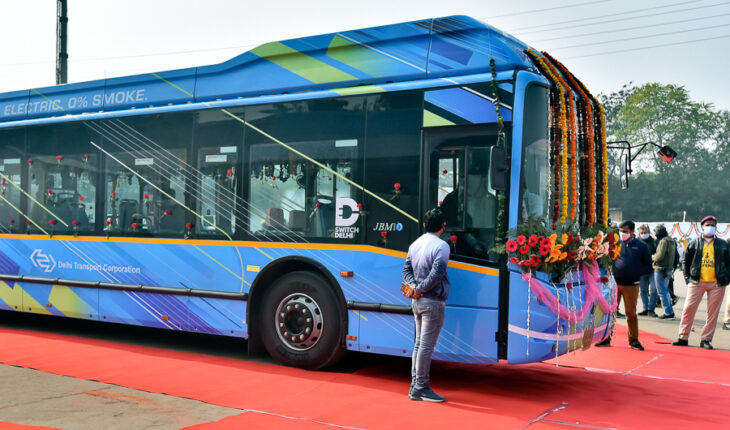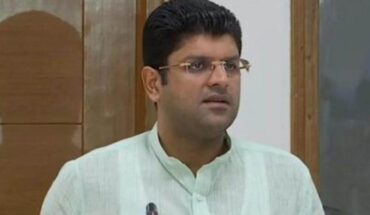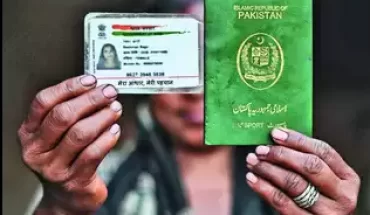FW Correspondent
New Delhi : The Delhi residents will soon be able to book seats in an AC bus as the government gives its go-ahead to the premium bus aggregator scheme.
The Delhi government has notified the Delhi Motor Vehicles Licensing of Aggregator (Premium Buses) Scheme, 2023, marking a historic milestone in India’s transportation sector, the government said in an official statement.
The scheme introduces the nation’s first-ever aggregator scheme exclusively tailored for premium buses, it said.
The scheme calls for a modal shift in public transportation for intra-city bus journeys. The buses that will come to be a part of the initiative will have exceptional quality, comfort, and reliability, and will lead to a reduction in congestion and air pollution, the government said.
The scheme defines a “Premium Bus” as any full-AC luxury public bus having a seating capacity of no less than nine passengers, pre-reserved reclining seats, and equipped with Wifi, GPS, and CCTV, the statement said.
Under the scheme to be eligible for a bus licence, applicants must have a minimum of three years of experience in operating and managing vehicles in public or shared transportation. They are required to maintain a fleet of a minimum of 100 passenger buses annually, or 1,000 passenger cars annually, or a mixed fleet comprising a minimum of 100 buses with 10 cars equivalent to one bus.
According to the government, the licence applicants must adhere to all conditions on the use of passenger vehicles, similar to what is applicable in cases of contract carriage buses.
The scheme stipulates that the ‘onboarded’ bus must not be more than three years old, in case the bus is CNG, and the buses joining the service after January 1, 2025, must be electric. The scheme requires that the applicants must have a corporate or branch office located in the National Capital Region.
The aggregator licences will be granted upon the payment of Rs 5 lakh and will be valid for a five-year period. Renewals for another five years can be acquired before the expiry by paying Rs 2,500. No licence fee will be levied on electric buses.
The licence holders are required to operate and maintain a fleet of at least 25 premium buses of mini, midi, or standard sizes, to be made operational within 90 days from the date of licence grant, the statement said.
Under the scheme, licence holders will be permitted to determine bus routes provided fares are dynamic and no lower than the peak fare of Delhi Transport Corporation AC buses.
Only pre-booked digital ticketing will be permissible in these buses, with no physical tickets issued. All charges from passengers are to be collected exclusively through electronic or digital payment modes, it said.
In a Hindi post on X on Tuesday, Chief Minister Arvind Kejriwal said, “I hope this service will bring a big change in the public transport system of Delhi. People will leave their cars and scooters and start travelling in buses. We worked hard in the last four years to make it true.”
Delhi Transport Minister Kailash Gahlot said the notification of the scheme marks a historic moment for the national capital.
“These premium buses are a testament to our commitment to providing world-class, comfortable, and sustainable travel options to the people of Delhi. With the introduction of this scheme, we are not just connecting destinations. We are paving the way to a greener and smarter future. Our focus is clear: offer the best quality service while safeguarding the environment,” he said.
Delhi currently has a fleet size of 7,135 buses with 4,088 buses under the Delhi Transport Corporation and 3,047 under DIMTS (Delhi Integrated Multi-Modal Transit System), according to official data, though it has often been said that there should be at least 11,000 buses plying on Delhi’s roads.





